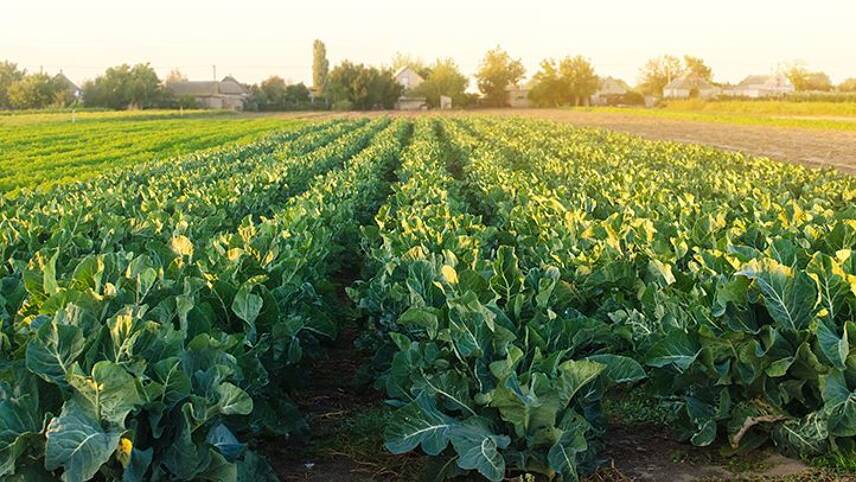Register for free and continue reading
Join our growing army of changemakers and get unlimited access to our premium content

Last week’s WHO COP26 Special Report on Climate Change and Health underscores the risks for human health, demonstrating the need for urgent action to limit the level of warming that is occurring and adapt our daily lives so that we can survive and thrive in the future.
The food sector represents 30% of global energy consumption and over a third of greenhouse gas emissions globally. The way we produce, consume and also waste food takes a heavy toll on our planet, and puts huge pressure on natural resources.
World Food Day invites us all to be part of the transformation of our current agri-food system, to deliver nutritious and affordable food for all, without compromising our economy, society and environment, for generations to come.
Taking control of the food sector’s footprint
As attention turns to COP26, it is imperative for businesses, governments, experts and the financial community to work together as a virtuous circle, to deliver a net-zero economy.
As chief executive of the largest frozen food company in Europe, I am proud that we have joined the UN’s Race to Zero and committed to action that is consistent with the reductions required to keep global warming to 1.5°C; the most ambitious goal of the Paris Climate Agreement.
Our diverse supply chain accounts for almost 80% of our greenhouse gas emissions, which is why an essential part of the commitments we have announced (and had approved by the Science Based Targets initiative), involves working with our suppliers to ensure they set their own science-based targets.
Across the industry, one-third of food is wasted annually and so, alongside other leading manufacturers and retailers, we have also committed to halving waste in our supply chain by 2030, as a signatory to the 10x20x30 global initiative.
Equipping consumers with sustainable choices
Through our Eating for the Planet strategy, we want to empower consumers to choose products that are good for them and good for the planet. By 2025, we aim to source 100% of our fish and seafood from sustainable fishing or responsible farming and 100% of our vegetables and potatoes through sustainable farming practices.
Alongside these commitments, we have ambitious plans for Green Cuisine, our plant-based range and believe a flexitarian diet, containing more plant-based protein sources, is the way forward for people’s health and the environment.
The food industry is at a transformational moment as consumer demand for nutritious, high-quality food is growing and the role of technology in delivering these needs is accelerating. Our partnership with BlueNalu, a leader in developing cell-cultured seafood, is just one example of how we are exploring opportunities to use the latest food tech and innovation to meet future demand for sustainably produced, healthy seafood products.
At Nomad Foods, our purpose is to serve the world with better food and this is core to everything that we do. This World Food Day, we urge governments, food companies and investors to work together to reverse the damage that has already been done and deliver a food system that is more inclusive, resilient, efficient and sustainable.



Please login or Register to leave a comment.